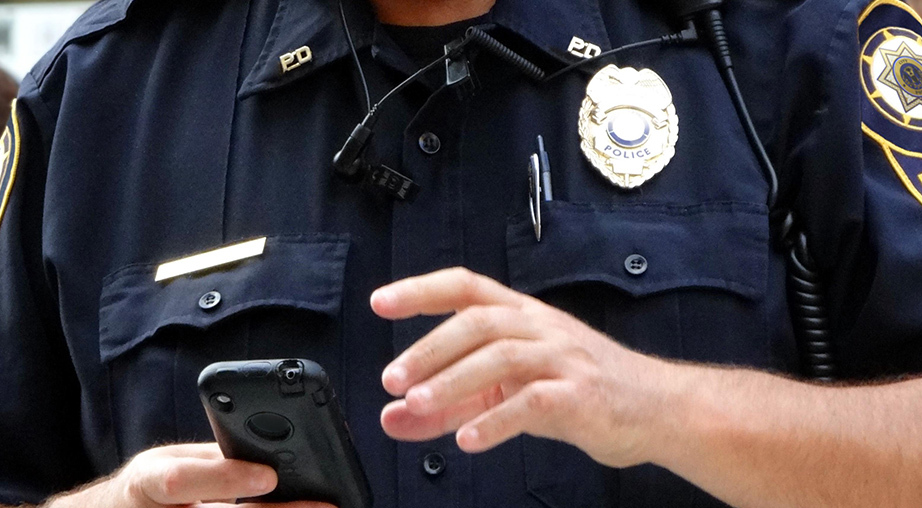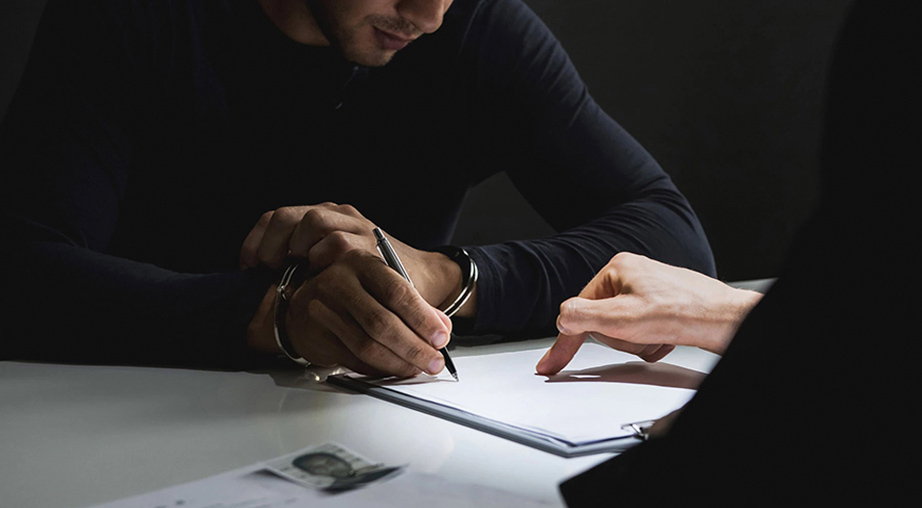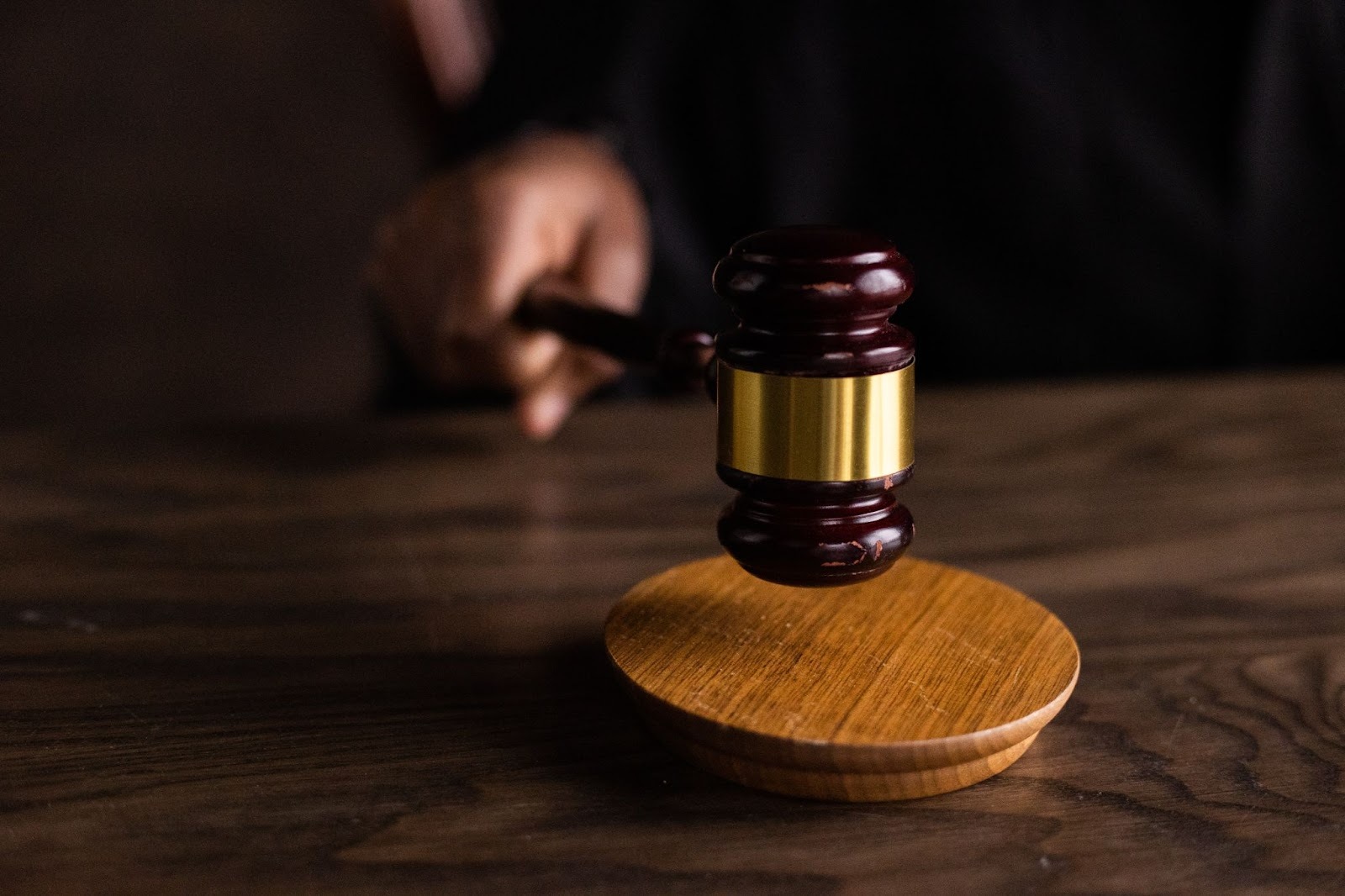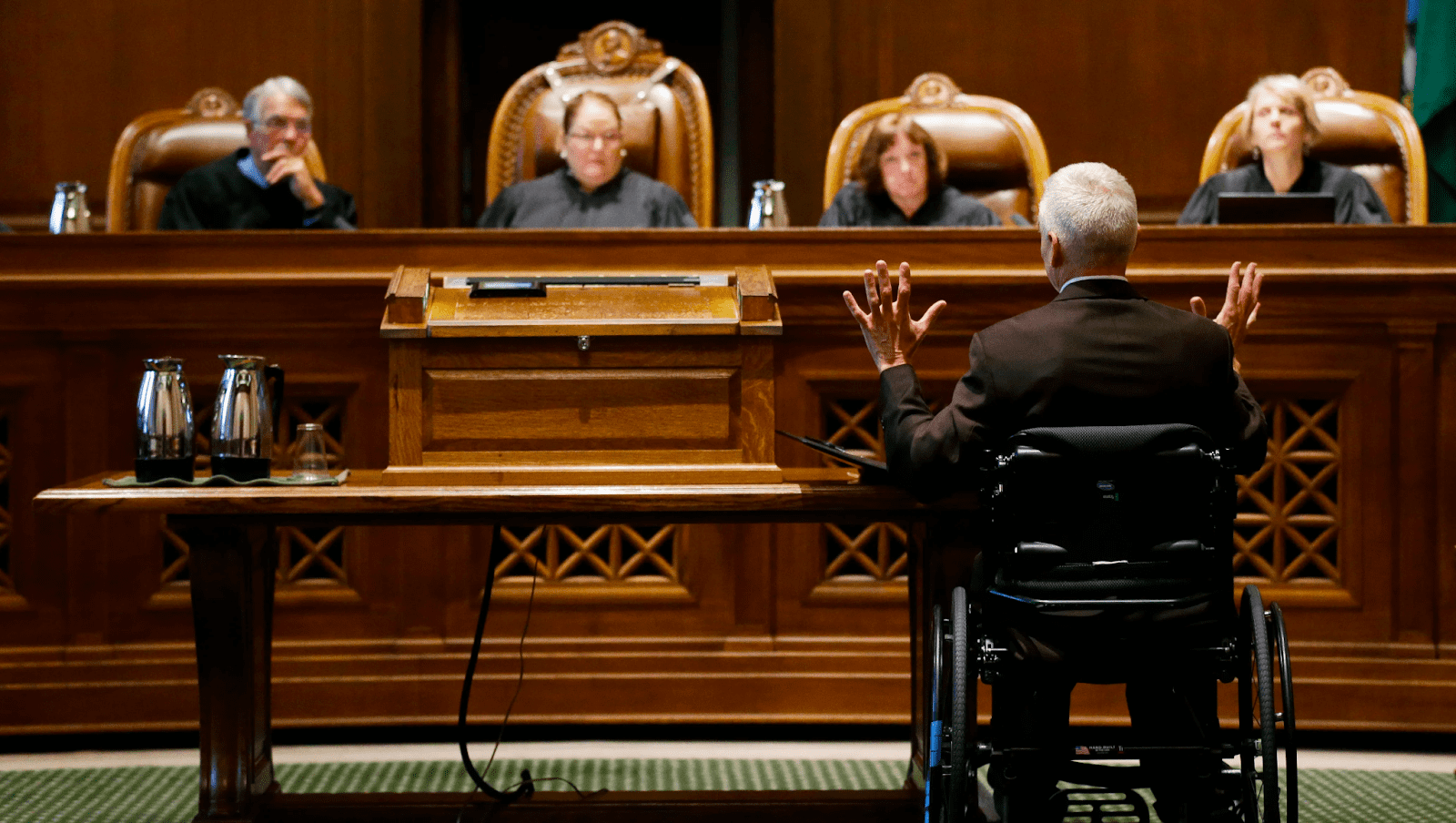Many of us were raised to believe that the police officer is a friend—like Andy Griffith in Mayberry. But increasingly we find that, unfortunately, police officers seeking to question a potential suspect about an incident are not to be trusted. They will likely not tell a potential suspect the truth on important points nor will they have their best interest at heart.
In this blog article from our team of local criminal attorneys in Harrisonburg, Virginia,will make some general observations and recommendations about responding to questioning by the police. However, this blog article cannot substitute for actual legal advice in a particular situation. We will make some statements in this article that are generally true but not always true, and we will err on the side of caution and exercising your right to remain silent.
DO YOU HAVE TO ANSWER POLICE QUESTIONS?
No. You never have to answer police questions about where you are going or coming from, what you’re doing, or what you have done, and it is almost always unwise to do so without first consulting a lawyer.
Know your rights if you’re stopped by the police. In the United States, if you are questioned by the police, you are entitled to exercise your Fifth Amendment right to remain silent, and your Sixth Amendment right to counsel.
As a general rule, if you have been detained, you must truthfully identify yourself, and beyond that, the only appropriate answer to a police question is: “I want my lawyer.” If you wish to exercise your right to remain silent, state this out loud to the officer and then—remain silent!
If an officer has a reasonable suspicion that criminal activity is afoot, you will need to provide your name to an officer if you’re asked to do so. While they can ask you additional questions and will make it seem like you are required to answer, you are not required to answer and in most cases you should not.
Remember: if you wish to exercise your right to remain silent, state this out loud to the officer. And state it unequivocally.
If you’re questioned by the police in Harrisonburg or Rockingham County, we strongly encourage you to contact our lawyers to get professional advice on your options.
DO POLICE HAVE TO IDENTIFY THEMSELVES WHEN QUESTIONING SOMEONE?
Typically, law enforcement officers on routine patrol wear official agency-issued uniforms with a name badge and the law enforcement agency clearly displayed. Occasionally, though, police officers, and particularly police investigators, will wear ‘plainclothes’ such as business or business casual dress, usually with a badge clearly displayed on the belt or hanging around the neck. And, of course, police officers working ‘undercover’ wear regular clothes and do not identify themselves. Despite a persistent myth our clients often believe, an undercover officer is permitted to lie to you if you ask if they are a cop.
Many people think that police officers are always required to identify themselves, and certainly if they attempt to exercise police authority in a situation they must first identify themselves as police officers. But police officers are usually allowed, for example, to strike up what appears to be a casual conversation without identifying themselves as a law enforcement officer.
When you encounter a police officer either during a detention or during questioning, make a note of their name. If it is not clearly displayed, ask for it; in most situations they are required to provide it.
INFORMAL SCENARIOS OF POLICE QUESTIONING
When investigating a complaint that a crime has been committed, police officers and investigators gather information, primarily through questioning any witness who might have information about what happened. They should attempt to question everyone present during an incident, and even those nearby who may have heard or seen something that will help add to the story of what happened.
The police investigating any crime should also attempt to interview any suspects identified by the witnesses, and—unless they are placing a suspect under arrest—the Miranda warnings are not required. A suspect’s statement will be used against them.
After compiling all the information they can gather, the police officers should write a report detailing what each person interviewed said in response to the officer’s questions. It is also important to realize that recent technological advances such as body-worn cameras make it very easy for most law enforcement agencies to record statements from any person an officer questions.
There are many scenarios of police questioning. Some are formal, such as in a police station after an arrest, while others are informal—so informal, that you may not realize you’re being officially questioned. Here are a few common examples of police questioning:
- DURING A TRAFFIC STOP
If, while operating a vehicle, a police officer orders you to pull over for a traffic infraction, the officer may suspect that other criminal activity is present, such as driving under the influence (DUI), the transportation of illegal drugs, or other illegal activities. The officer will ask questions in an attempt to discover additional evidence, and the answers you give during a traffic stop may lead to more charges. - THROUGH A TELEPHONE CALL
Police investigators prefer face-to-face interviews for many reasons, but we find that officers regularly interview witnesses and even suspects by telephone. Perhaps the telephone seems less-threatening to suspects, but an officer stating that they “just want to get your side of the story” often leads to a partial, or even a complete, confession. You should treat a telephone call from a police officer like any other police questioning, and, as a general rule, politely decline to speak to the officer and immediately schedule an appointment with a local defense attorney. - THROUGH A VISIT TO YOUR HOME (AKA, “KNOCK AND TALK”)
An unexpected visit from a police officer at your home or workplace can feel particularly difficult to refuse, which is why law enforcement officers use this strategy to gather information. People often feel like they need to speak with the officer and succumb to the pressure to answer the officer’s questions, even though they know they should not. Politely decline to answer any questions and consult with a local criminal attorney for professional legal guidance. Keep in mind that the police officer, if they were being investigated, would do the same.
FORMAL POLICE INTERROGATIONS
Police officers are trained to interrogate suspects and their goal is to pressure the suspect by creating an atmosphere where they can find and exploit a psychological weakness. Their aim is to extract a confession, an incriminating statement, or even a partial admission of some fact necessary to prove guilt. Officers might try to establish rapport with the suspect or they might try to exert pressure on a suspect with threats of arrest or calling social services. Never agree to speak in such an interrogation without first consulting a lawyer, and if you decide to submit to such questioning, take your lawyer with you.
Remember: You do not need to submit to a police interview or interrogation on their terms. Instead, contact an attorney who can help you.
WHAT TO DO IF YOU ARE ARRESTED OR DETAINED?
Stay calm. Don’t run, resist, or obstruct the officers. Do not lie or give false documents. Keep your hands where the police can see them. Say you wish to remain silent and ask for a lawyer immediately. Don’t give any explanations or excuses. Don’t say anything, sign anything, or make any decisions without a lawyer.
If you are allowed a telephone call, remember that the officers standing by are listening and can use even overheard statements against you, and if you are using a phone provided to you, the call is being recorded. Make a phone call only to make arrangements for bond or other logistics. Never discuss the case or the investigation.
OUR ATTORNEYS IN HARRISONBURG, VA CAN HELP YOU
If the police are seeking to question you, then you need the advice of a lawyer. Our team of lawyers in Harrisonburg, VA at Cook Attorneys can help you to achieve the best possible outcome for your situation.
Fill out the form below to request more information about how we can serve you. We look forward to hearing from you!










